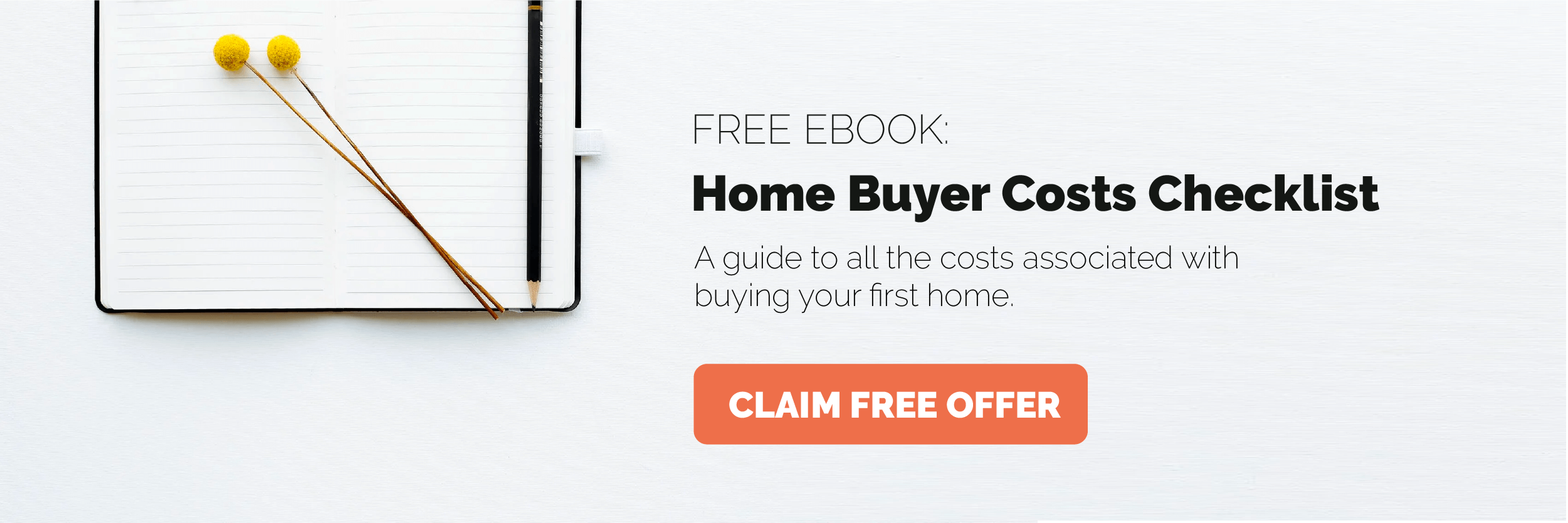
A man looking at schematics papers on a wooden table.
As engineers, you’re ready to start the home loan application process, but you’re not sure what documents you’ll need to provide to your lender. Preparing the right documents can mean the difference between your application being approved and rejected, so this is an important step in the application process.
In fact, this home loan checklist for engineers will give you an idea of what documents you’ll need to gather for your home loan application and why they’re important. You can also use our home loan checklist document, a downloadable resource that will help you keep track of your progress as you gather these documents. This checklist also includes information about refinancing.
Remember, different lenders will have different requirements you’ll need to meet to be eligible for their loans, so it’s important to do your research when looking at home loans. If you’re finding it difficult to determine your eligibility for a home loan or prepare your application, then, getting in touch with a broker can help.
In this home loan checklist, we’ll split the documents you need into a few sections:
- Special documentation for engineers
- Personal identification
- Income details
- Assets and Liabilities
- Expenses
- Property details

Special documentation for engineers
In order to apply for home loans for engineers or other home loans for professionals, you’ll need to provide some additional documentation. This is because these documents prove that you’re a working engineer and a registered professional in your field.
For instance, you will need to provide:
- Your current profession
- Your membership to a recognised association in your field/industry
Due to the size of your industry, there are a range of accredited associations in your field you could be a member of. Furthermore, different association memberships are accepted by lenders depending on your profession. Hence, here are some examples:
- Engineers Australia
- Institution of Surveyors (in the state you work)
- Surveying and Spacial Sciences Institute of Australia
- Australian Institute of Mine Surveyors
- Australian Institute of Quantity Surveyors
- Fellow of the Australian Institute of Geoscientists (FAIG)
Personal identification
Also, your lender will require documentation to verify your identity. This is usually provided by primary photo identification, for example, which includes your current:
- Passport
- Driver’s licence
- Proof of Age Card or other State or Territory issued photo card
If you cannot provide any primary photo identification, your lender will require secondary identification documents. This could include your:
- Birth certificate
- Medicare card
- Citizenship certificate
- Recent utility bills with your name and current address
- Tax assessment notice
- Debit/credit card information
Income details
Your income details are very important when applying for home loans for engineers. Everyone’s income situation is different and different lenders require different types of documentation for your application to be accepted. It’s important to be familiar with a lender’s specific requirements before you apply to them so you don’t miss anything.
Here’s what you’ll need to provide to your lender based on the most common income types:
- Employee (full-time, part-time or casual): Two or three of your most recent payslips and a payment summary from your employer
- Self-employed: Your ABN (Australian Business Number) and ATO tax assessments from the past two years
- Rental income: A signed lease and your most recent rental statement
- Foreign income: Evidence of that income for the last three months
- Government income (superannuation, pension, annuity, etc.): Evidence of that income for the last three months
- Interest or dividend income: Evidence of the current balance of the asset and income earned in the last 12 months

Types of incomes
You may also be wondering what kinds of income are accepted by lenders and what conditions surround each income type. These conditions vary from lender to lender, but this list can be used as a general guide:
- Base PAYG salary: 100% accepted for full time and part time work
- Casual income: 100% can be accepted. Most lenders require you to have remained with the same employer for at least 12 months, however, some will accept a casual income after 3 months with your current employer
- Overtime: Some lenders will accept 100%, however, most lenders only accept 80%. In any case, you will need to have stayed with your current employer for at least 3 months
- Allowances: Some lenders will accept 100%, however, most banks only accept 80%. This all depends on the type of allowance
Assets and Liabilities
Your assets are the things you own and your liabilities are current outstanding debts. When looking for information on your assets and liabilities, a lender may ask for:
- A detailed list of your assets
- Any personal loan statements
- Your debit/credit card statements
- Any store card statements
- Superannuation statements
- Information about shares you own
- Account statements from the past three months for all loan, savings and transaction accounts you have (including proof of your deposit)
Expenses
Details regarding your expenses are also important for lenders to have when you apply for a home loan. Your lender will typically ask for monthly expenses, which can include:
- Current rent or board information
- Current child support details
- Higher Education/Vocational Training
- Insurance (including life, health, sickness and personal accident insurance)
- Medical and health (excluding insurance)
- Private or independent primary and secondary schooling and tuition
- Utility bills
- Recreation and entertainment
- Telephone/internet/pay TV/media streaming plans and subscriptions
- Transport
- Other applicable monthly costs
Property details
Your lender will also need some information about the property you’re applying for before they can finalise your home loan.
If you’re buying an existing home, then, you will need:
- A signed contract of sale
If you’re building a home, then, you will need:
- A signed contract of sale
- Council approval building plans and specifications or a building permit
- A Fixed Price Builders Contract
So, if you’re ready to find your home loan, we’re ready to help. Get in touch with one of our experienced brokers via our website, or explore our other posts about home loans for engineers.
Disclaimer: The information provided is general in nature and does not constitute financial advice. Please speak to us for recommendations on your individual circumstances and requirements.


